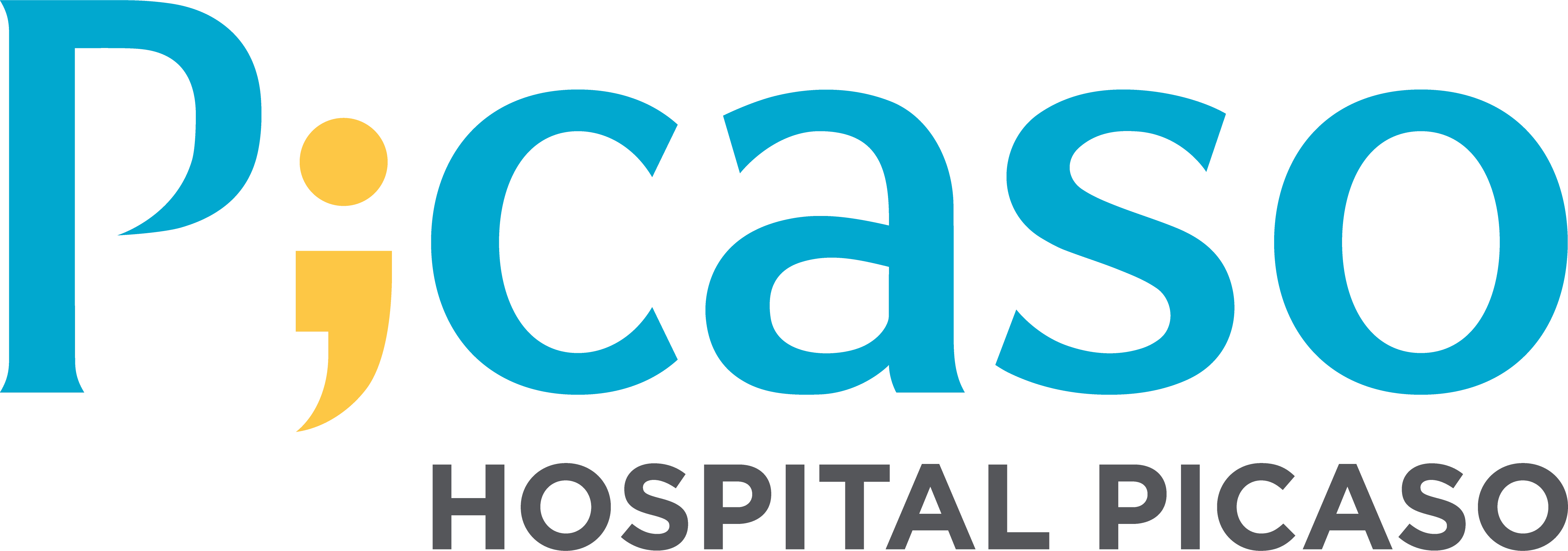Clinical Malnutrition/Disease related Malnutrition
A condition from the lack of intake or utilization of nutrients during any disease state, resulting in weight loss, loss of skeletal muscle, physical and mental disfunction and worse clinical outcome
Common Causes:
- Loss of appetite
- Lack of proper nutrition care
- Illness that disrupts nutrient metabolism
- Ageing
- Low physical activity
Clinical or disease-related malnutrition is most common among cancer patients and the elderly.
Without proper nutrition care, clinical or disease-related malnutrition can lead to:
Increased risk of infections
More intensive treatments and higher treatment costs
Slower recovery and wound healing
Reduced tolerance to treatments
If you notice any of these symptoms, seek help from a dietitian:
1
Unintentional weight loss of more than 5% within 3 months
3
Persistent tiredness or weakness
4
Loss of interest in eating and drinking
How Our Dietitians Can Help You
A certified dietitian provides a personalised care plan through a structured process:
- Nutrition Screening – Identifying patients at risk.
- Comprehensive Assessment & Diagnosis – Evaluating nutritional status and underlying issues.
- Personalised Nutrition Therapy – Tailored dietary strategies to support treatment and recovery.
- Monitoring & Evaluation – Tracking progress and adjusting care as needed.
Nutrition Care in Cancer Patients
Nutrition is a critical part of cancer care, but many patients face challenges such as poor appetite, difficulty eating, or changes in metabolism caused by the disease and its treatment.
Key Facts:
- 15%–50% of cancer patients have nutritional deficiencies at diagnosis.
- 43% are already malnourished, and 9% are at risk at their first oncology visit.
- During treatment, up to 80% of patients may become malnourished.
- Cancer-related malnutrition can cause cachexia — severe weight loss, low muscle mass, and low BMI.
- Malnutrition is linked to:
- Lower tolerance to anticancer treatments
- Higher risk of treatment toxicity
- Increased complications and poorer surgical outcomes
- Longer hospital stays and higher costs
- Reduced quality of life
Reference:
WHO, ESPEN
Journal of Surgical Oncology (2024), Bossi et al. (2022)
Take Charge of Your Nutrition
Proper nutrition can make a real difference in cancer care. Don’t wait until symptoms get worse — speak with our dietitian for guidance tailored to your condition and treatment plan.
Contact Information
Contact No: +603-7457 2888
Email: dietitians.picaso@picasohospital.com
Location: Level 2, Health Screening Centre, Hospital Picaso
Book an appointment today for personalised nutrition care.
Join our Fun Nutrition Quiz!
Terms & Conditions:
- The quiz is valid from 22 – 26 September 2025 only
- Participants who complete the quiz are entitled to receive a mystery goodie bag
- Goodie bags can only be collected at the Health Screening Centre, Level 2, Hospital Picaso, on a first-come, first-served basis
Test Your Knowledge Here:
https://form.jotform.com/252510308313444






